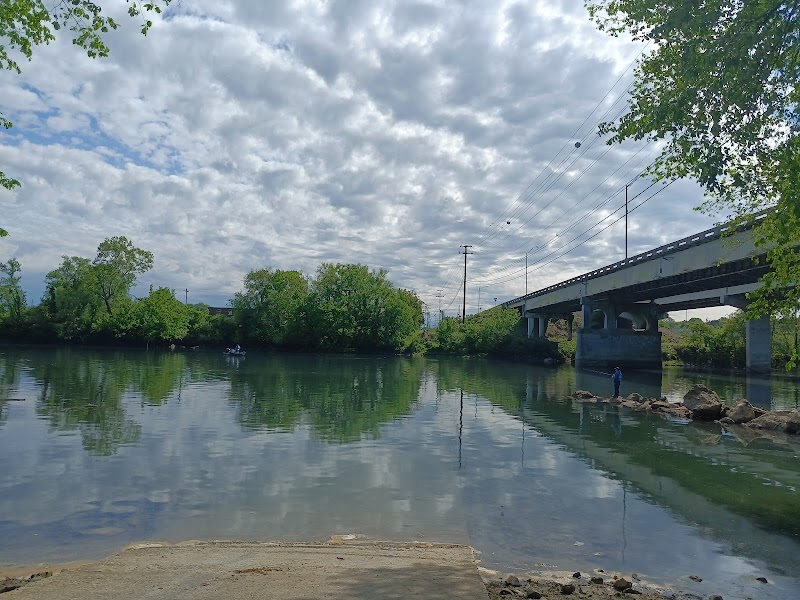
Norris Dam State Park
Norris Dam State Park, located in the hills of East Tennessee, offers rich history and diverse recreational opportunities surrounding the Norris Reservoir.
About Norris Dam State Park

Norris Dam State Park spans over 4,000 acres and is centered around the historic Norris Dam, one of the major Tennessee Valley Authority (TVA) projects. Completed in 1936, the dam was the first in the TVA system and played a significant role in the region's development. The park's landscape is characterized by forests and hilly terrain which provide a backdrop to the shimmering waters of the Norris Reservoir. The park is not only a haven for history enthusiasts interested in New Deal-era developments but also a paradise for outdoor adventurers. Visitors can enjoy an array of activities, including hiking, camping, and fishing. More than 15 miles of trails offer routes for hiking and mountain biking, with various difficulty levels showcasing panoramic views of the reservoir and surrounding countryside. The park also boasts excellent opportunities for wildlife viewing. Birdwatchers can spot a variety of species, while anglers might find bass, walleye, and trout in the reservoir's waters. Norris Dam State Park serves as a perfect spot for those looking to relax and engage with nature amid an array of recreational pursuits.
Highlights
Norris Dam, a historic structure from TVA's network.
Norris Reservoir, ideal for water sports and fishing.
Seasonal wildflower displays along the Marine Rail Trail.
The Lenoir Museum provides historical insights into the area and early 20th-century life.
Notable Natural Features
Norris Dam
A key dam in the TVA system offering educational tours and scenic viewpoints.
Norris Reservoir
A large body of water offering fishing, boating, and swimming opportunities.
Lenoir Museum Complex
Provides exhibits on local history, including artifacts and farm machinery.